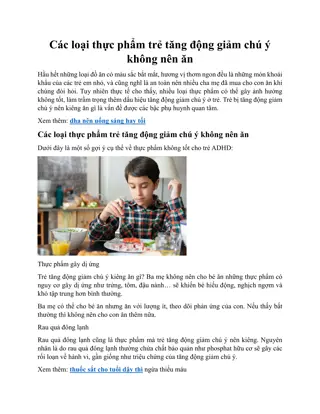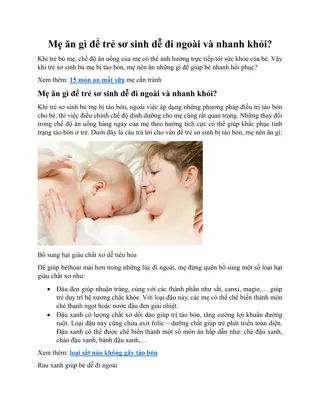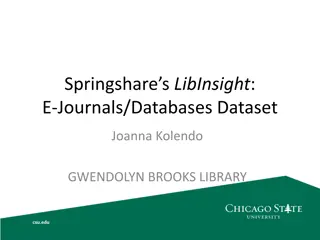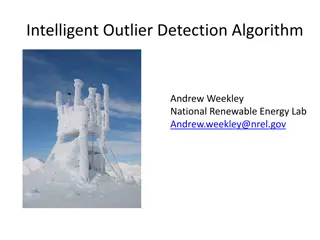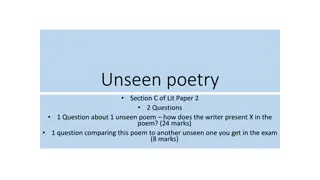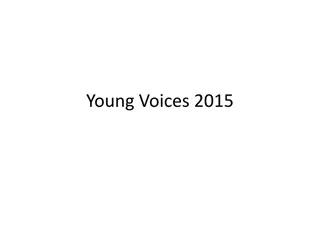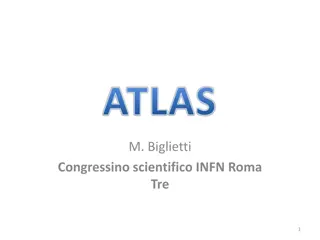
Collaborative Research Platform for Public Health
ODAP is a collaborative platform designed to facilitate rapid and informative research on new infections and clinical threats of public health interest. It connects academic research with UK data sources, following the ISARIC Clinical Characterisation Protocol for Emerging Infections. Users have access to flexible compute space and remote R and Python interpreters for analysis.
Download Presentation

Please find below an Image/Link to download the presentation.
The content on the website is provided AS IS for your information and personal use only. It may not be sold, licensed, or shared on other websites without obtaining consent from the author. If you encounter any issues during the download, it is possible that the publisher has removed the file from their server.
You are allowed to download the files provided on this website for personal or commercial use, subject to the condition that they are used lawfully. All files are the property of their respective owners.
The content on the website is provided AS IS for your information and personal use only. It may not be sold, licensed, or shared on other websites without obtaining consent from the author.
E N D
Presentation Transcript
ODAP The ODAP is designed to facilitate the rapid, collaborative, informative research to better understand and characterise new infections and clinical threats of public health interest. We curate, link and facilitate sharing of academic research with other UK data sources. The ODAP is built around the ISARIC Clinical Characterisation Protocol for Emerging Infections (CCP-UK), an internationally-harmonised UK-wide research study.
Traditional TRE Environment Hosted in the National Safe Haven. Research users get VDI access to a small desktop VM with limited resources.

